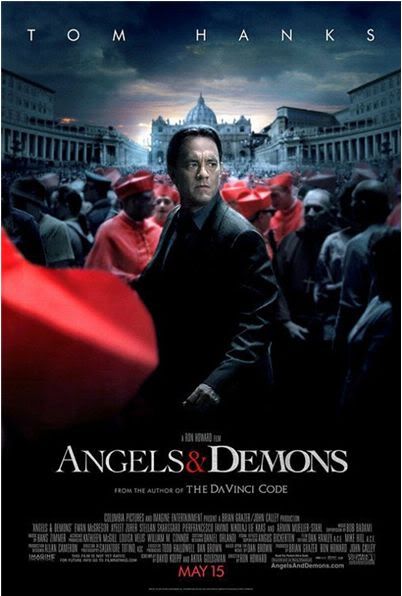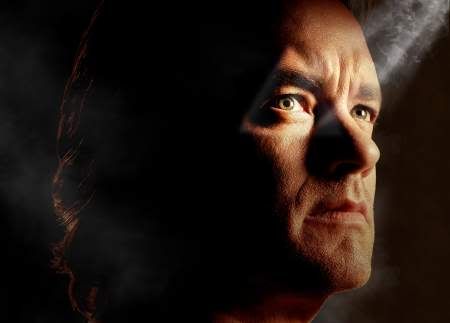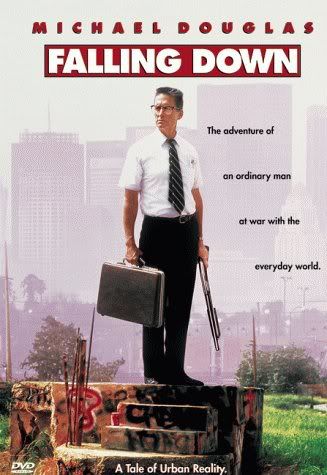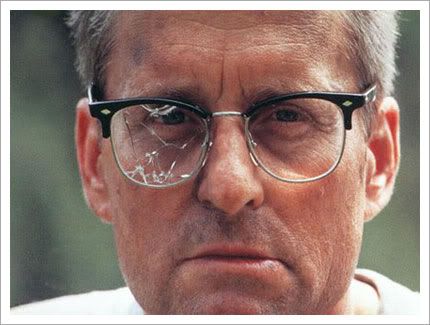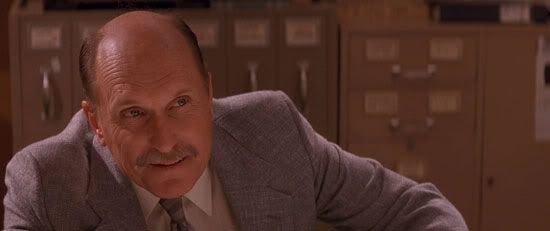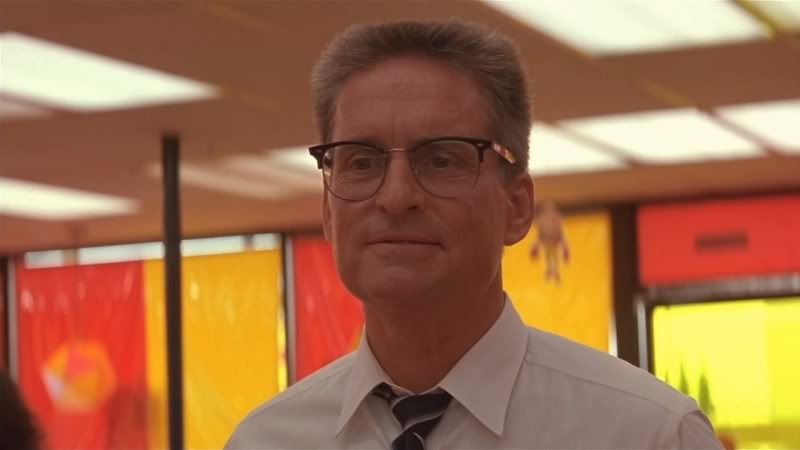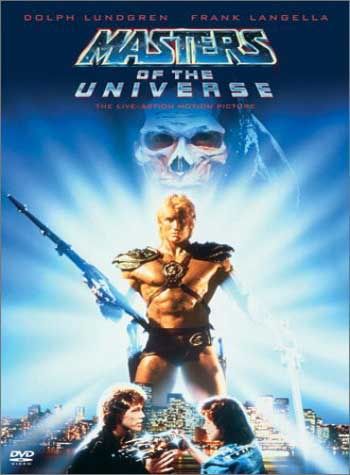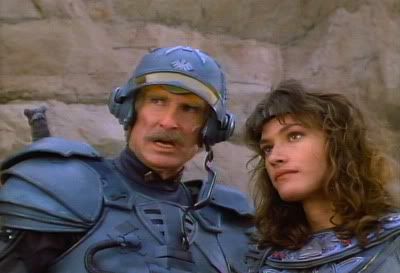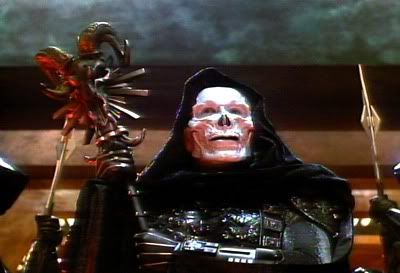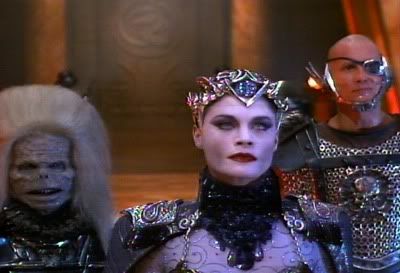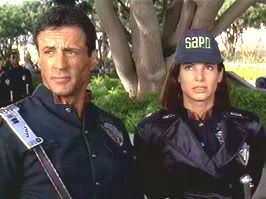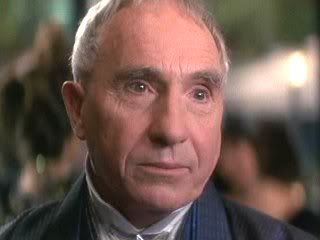This week’s IT CAME FROM NETFLIX! brought to you by a generous donation by Mike Jarossy. Thank you for your support!

[audio:http://www.blueinkalchemy.com/uploads/trapped.mp3]
The holiday season is upon us once again. Just today I saw my first snowfall. I caught sight of it while watching Trapped in Paradise, a caper comedy from the 90s. Why was I looking out the window instead of at the movie, you ask? Because, for once, we have a little truth in advertising. The key word in the title of this completely unfunny and utterly lifeless flick is not “paradise”, but rather “trapped.”
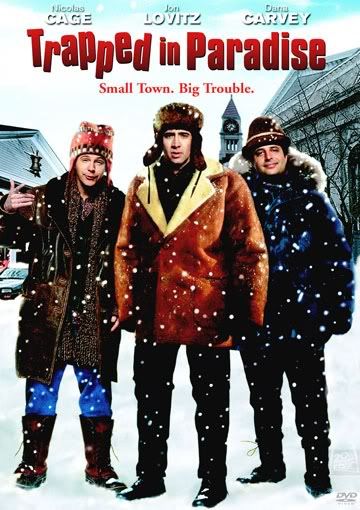
Bill Firpo is a reformed thief trying to run a restaurant in New York City. His brothers, Dave and Alvin, are let out of prison into Bill’s custody. Almost immediately, Dave yanks Bill into a plot to knock over a bank in a sleepy Pennsylvania town on Christmas Eve. The town is so sleepy and the bank’s security so lax, it practically robs itself. However, two other cons had been sizing up the bank, the local yokels running the general store are deputy sheriffs and there’s a major blizzard about to slap the town silly. And because that clearly wasn’t enough for the writers, save for the bank teller who gets a pass because she’s the love interest and Bill himself, everybody, and I mean everybody, is either incredibly nice or incredibly stupid. And… that’s funny? I guess?
I’ll say this for Trapped in Paradise – it’s shot crisply and cleanly. Considering this is a holiday movie and we want things looking nice and idyllic to get people in the mood for overindulgences in shopping, eating and passive-aggressive family awkwardness, you don’t want to catapult your audience out of the experience with shoddy camera work. And the locales do look nice. It definitely looks a lot like some of the small towns nestled into the forest-covered mountains of Pennsylvania, and I did find myself wishing I was in one of those towns. Playing a game of Arkham Horror, perhaps, or finding a local pub warmed by a wood-fueled fireplace and serving a nice stout. Hell, I’d have settled for watching rednecks waddle through Wal*Mart after a turkey binge over this crap.
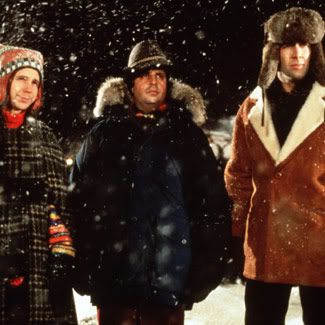
And, seriously. What’s up with these hats?
The big draw of this movie is that two of its three leading men were pretty big comedians back when it was shot. Jon Lovitz is that kind of cynical comic who takes after Rodney Dangerfield, more often than not playing up his obvious lack of Hollywood handsomeness for laughs of varying degrees. His best work, in my opinion, was on Saturday Night Live as Master Thespian or on the short-lived animated series The Critic. In both instances his wit was acerbic, his timing was excellent and his physical presence adding to the comedy rather than being its focal point. Trapped in Paradise instead saddles him with either ADHD or some form of Asperger’s Syndrome, as he never seems to be able to remain focused when he’s outside of some scheme or other. Any comedian could have played this role. It wouldn’t have been any better, I’m just saying it’s utterly generic holiday caper stuff.
And then, there’s Dana Carvey. Here we have a comedic chameleon. I mean, this guy played Hans (of Hans & Franz), the Church Lady and Garth Algar, sometimes all within the same hour. He’s done all sorts of impressions, from George H.W. Bush to Johnny Carson, from Woody Allen to Frank Zappa. In this, he’s doing an impression… of a retard. Who’s also a kleptomaniac. Couldn’t they have written the script so he could be himself for once? Did they have to force him into a nasal, annoying, high-pitched voice for every line and make him stupid? Usually in a comedy of this type you have one part of the team who’s the straight man and the other one bumbling around. Trapped in Paradise tries to give us two bumblers and ends up dropping the whole enterprise when it tosses the plot to them and they start arguing about who gets to carry it.
Yeah. Hilarious.
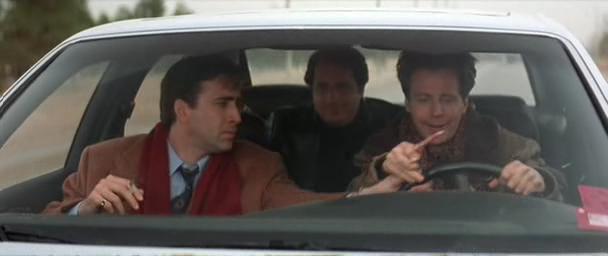
The only – and I do mean only – saving grace in this disaster of writing and acting is Nicholas Cage. And even he gets mishandled every other scene. At first, he seemed to be yanked back and forth by his own compulsions. He wants to do the right thing but he’s something of a career thief. The moment the other two ignorant jerks get involved, however, they almost immediately bring out the worst in him. And I don’t mean in terms of crime, I mean in terms of schizophrenic flip-flopping between that straight and tortured portrayal and just plain torture. If anybody’s trapped in this movie, it’s poor Nick Cage. The director can’t even seem to give him a consistent accent or manner of speech. He’s so completely wasted in this trash it makes me want to cry.
In a comedy, if your leading team isn’t funny, the rest of the damn picture doesn’t stand a chance. The jokes fall flat almost immediately, the story nearly grinds to a halt several times, none of the lines feel genuine and Paradise is apparently built over an ancient mystical portal to another realm that constantly churns out patrol cars. I’ve seen some pretty horrible things lately: the latest round of elections in this country, the bills from my utility companies, the box off returns from Scott Pilgrim. But I would take getting told by tea baggers how much I hate freedom by supporting federal health care, get paddled by bill collectors and have anonymous douchebags on the Internet tell me how awesome The Expendables is over watching Trapped in Paradise again. Hopefully, by the time you read or hear this, I will be passed out and in the throes of a turkey coma so deep, I’ll have forgotten this stinking, steaming and utter turd of a movie ever existed.
Josh Loomis can’t always make it to the local megaplex, and thus must turn to alternative forms of cinematic entertainment. There might not be overpriced soda pop & over-buttered popcorn, and it’s unclear if this week’s film came in the mail or was delivered via the dark & mysterious tubes of the Internet. Only one thing is certain… IT CAME FROM NETFLIX.

